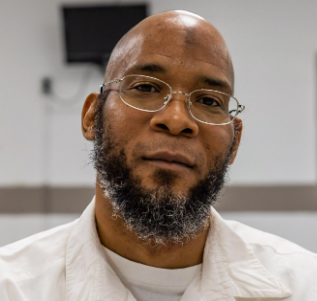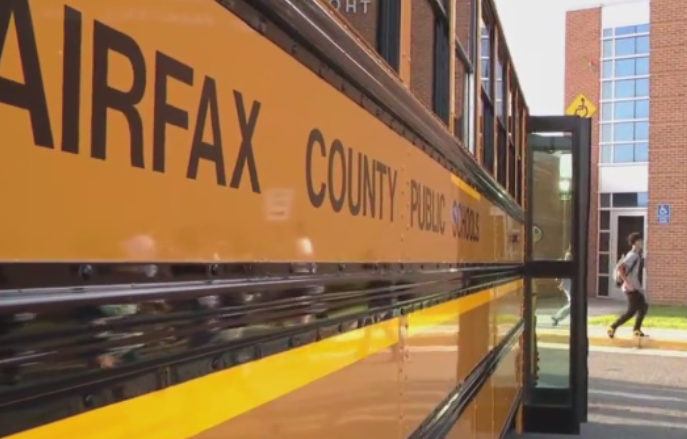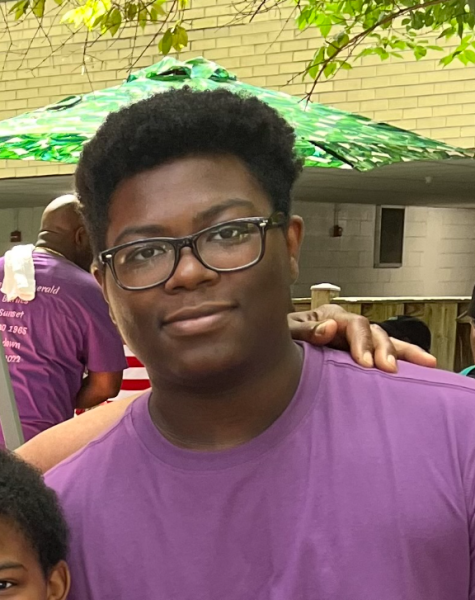Marcellus Williams, convicted of first degree murder and sentenced to death row in 2001 was executed by lethal injection on September 24, 2024, in Missouri. This ruling ignored the public objections from the prosecutor and the family of the victim. Williams was charged with killing a former journalist for the St. Louis Post-Dispatch, Felicia Gayle, during a home burglary. During the 2001 murder case, the prosecutor Keith Larner testified at a hearing in August that he struck one potential Black juror in part because he looked too much like Williams. William’s attorney believed this showed improper racial bias.
During Williams’ original trial, prosecutors said on Aug. 11, 1998, Gayle, former reporter for the St. Louis Post-Dispatch, was found stabbed 43 times. Her purse and her husband’s computer were stolen in the process. Williams’ attorneys said that fingerprints, a bloody shoe print, hair, and other evidence at the crime scene didn’t match Williams. Authorities had said Williams stole a jacket to cover the blood on his shirt. Williams’ girlfriend later said she saw Gayle’s laptop and purse in his car, and Williams sold that laptop within one to two days.
Williams would go on to live two decades on death row, facing death multiple times. In January 2015, less than a week away from facing lethal injection, the state Supreme Court called off the execution, allowing time for his attorneys to pursue additional DNA testing. In August 2017, he was hours away from being executed as then-Governor Eric Greitens granted a stay and appointed a panel of retired judges to assess the case.
Questions about DNA evidence led to a hearing, challenging Williams’ guilt, requested by St. Louis County Prosecuting Attorney Wesley Bell. Days before the hearing on August 21 2024, New testing showed the DNA on the knife belonged to members of the prosecutor’s office who handled it without gloves, after the original crime lab tests.
Without any DNA evidence pointing to any alternative suspect, Midwest Innocence Project attorneys reached a compromise with the prosecutor’s office: Williams would enter a new, no-contest plea to first-degree murder in exchange for a new sentence of life in prison without parole. Judge Bruce Hilton signed off on that agreement, and so did Gayle’s family. However, due to Missouri’s attorney general Andrew Bailey’s persuasion, the state Supreme Court blocked the agreement, and then ordered Hilton to proceed with an evidentiary hearing. Hilton ruled on September 12, that the first-degree murder and death sentence would stand, noting that Williams’ arguments would have been rejected.
This news caused outrage within multiple communities and groups, around the country. Some people raised awareness and organized protests outside of the state Supreme Court.
Many believe this entire complication could’ve been avoided if the state Supreme Court had respected the wishes of the victim’s family and the agreement kept between the Midwest Innocence Project and the prosecutor’s office. Now, many across the nation mourn the life of a man who they believe to have been innocent.




















